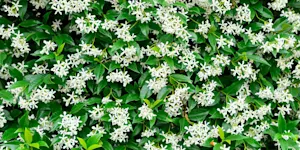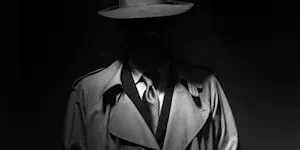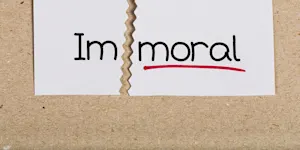What Makes This Word Tick
"Juxtapose" is a delightful word that means to place two things side by side, especially for the purpose of highlighting their differences or similarities. It's like setting an orange next to a tennis ball just to marvel at their roundness but contrasting colors. Originating in artistic circles, it invites us to look beyond the obvious and appreciate contrasts that might otherwise go unnoticed.
If Juxtapose Were a Person…
Juxtapose would be the friend who hosts dinner parties with an eclectic mix of guests—Wall Street financiers, local artists, and the occasional eccentric poet. Their goal? To spark conversations where different perspectives come to light. This person has a knack for combining the unexpected, creating harmony in the clash of personalities.
How This Word Has Changed Over Time
Initially rooted in the visual arts, "juxtapose" has evolved to describe a wide range of comparisons, from literature to social commentary. While originally more associated with paintings and photographs, it now invites thoughts on economics, politics, and lifestyle—anywhere there’s a compelling contrast to be explored.
Old Sayings and Proverbs That Use Juxtapose
While there aren’t any traditional proverbs that feature "juxtapose," the concept shows up in sayings like “opposites attract” and “two sides of the same coin.” These capture the essence of juxtaposition by emphasizing the intrigue of contrasting elements.
Surprising Facts About Juxtapose
Despite its complex sounding name, "juxtapose" didn't enter the English language until the mid-19th century, deriving from the Latin "juxta" meaning "near" and "pose" from the French "poser," meaning "to place." It's a relatively young word compared to many of its linguistic peers!
Out and About With This Word
In photography, photographers often juxtapose light and shadow to create striking images. The culinary world also loves a good juxtaposition, mixing sweet and salty to delight the taste buds. So next time you enjoy a salted caramel treat, thank the concept of juxtaposition!
Pop Culture Moments Where Juxtapose Was Used
In the world of films, directors often use juxtaposition to compare two scenes, like showing opulent wealth alongside extreme poverty, to make a social statement. Quentin Tarantino's clever use of contrasting music with violent scenes is a memorable example.
The Word in Literature
"Juxtapose" frequently appears in literary critiques, as authors like to compare characters’ decisions or settings to highlight thematic contrasts. Think of classic novels where idyllic countrysides are set against the backdrop of industrial cities to bolster commentary on change and progress.
Moments in History with Juxtapose
Moments like the fall of the Berlin Wall showcased juxtaposition in full effect: a vivid contrast between ideologies and lifestyles, communism versus capitalism, forever changed the course of history. It was a real-world exemplification of the power and significance found in juxtaposed ideas.
This Word Around the World
While English has a specific word for it, many languages have their unique way of expressing the concept of juxtaposing. In Japanese culture, the art of "wabi-sabi" appreciates the beauty of imperfection and often juxtaposes the old with the new in a harmonious fashion.
Where Does It Come From?
The word "juxtapose" has its roots in the Latin "juxta" meaning "beside" and the French word "poser," meaning "to place." This etymology perfectly captures the essence of the word: placing things beside each other for comparative effect.
How People Misuse This Word
People sometimes use "juxtapose" when they mean simply "compare." However, "juxtapose" implies a physical or metaphorical side-by-side placement to highlight contrasts or similarities, which "compare" does not inherently carry.
Words It’s Often Confused With
Compare: While juxtaposing involves comparison, just comparing doesn’t necessarily mean placing items side by side.
Contrast: Juxtaposing can highlight contrasts, but simply contrasting doesn’t require physical or even metaphorical placement.
Align: This word suggests positioning alongside by matching purpose or direction, differing from the contrasting intentions of juxtaposing.
Additional Synonyms and Antonyms
Synonyms for "juxtapose" include pair, collocate, and contrast. Antonyms would be separate, distance, and disconnect.
Want to Try It Out in a Sentence?
The artist decided to juxtapose the vibrant red of the rose with the stark white of the canvas, drawing the observer's eye immediately to the center of his masterpiece.
















